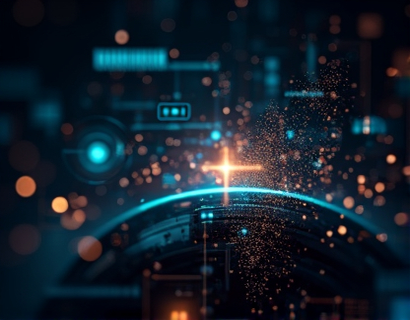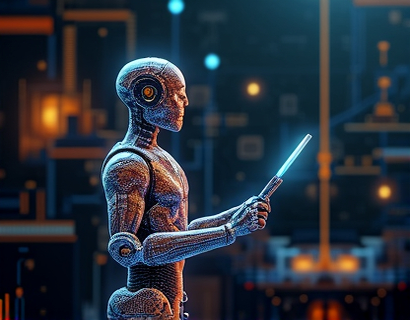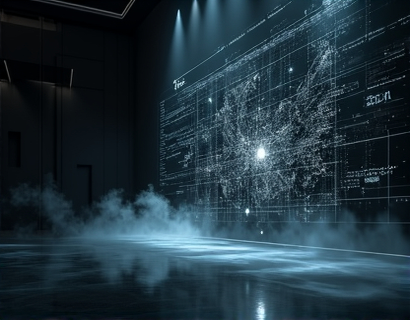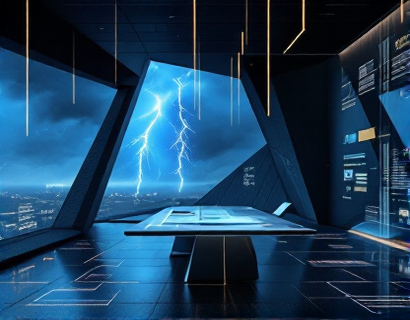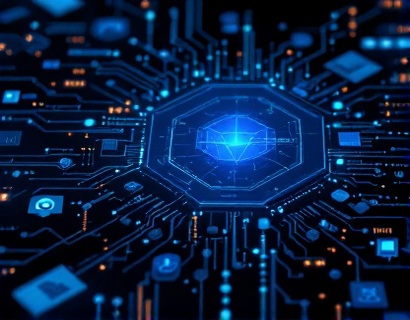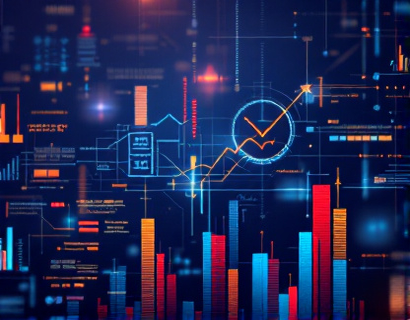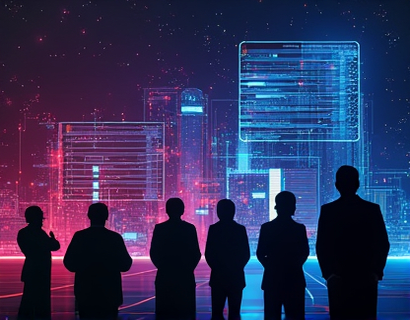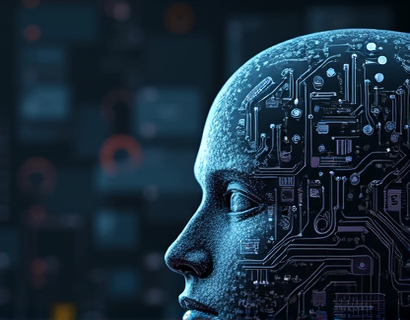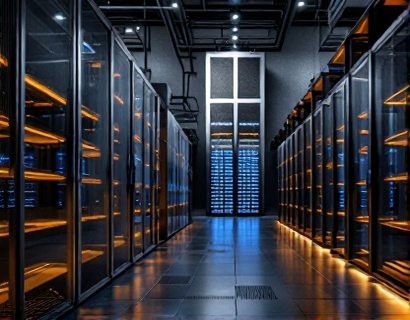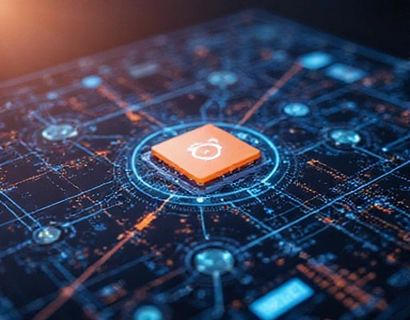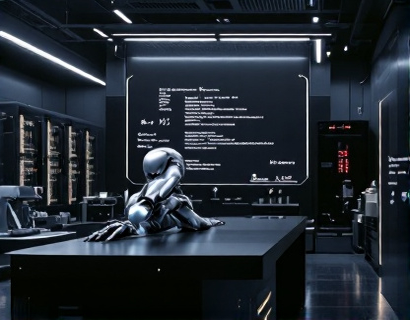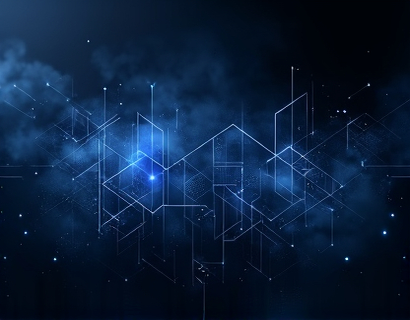Decentralized DAOs: Revolutionizing Web3 Governance with Community Empowerment and Transparency
In the rapidly evolving landscape of Web3, decentralized autonomous organizations (DAOs) stand as a pivotal innovation, redefining how digital protocols are managed and governed. This article delves into the core principles of DAOs, emphasizing their role in empowering communities, ensuring transparency, and driving scalability. By exploring these aspects, we aim to illustrate how DAOs are shaping a more interconnected and democratic digital future.
Understanding Decentralized Autonomous Organizations (DAOs)
At their core, DAOs are organizations governed by rules encoded on a blockchain. These rules dictate how the organization operates, including decision-making processes, fund management, and member participation. Unlike traditional organizations, DAOs do not rely on a central authority or hierarchical structure. Instead, they operate through smart contracts, which automate and enforce the organization's rules and protocols.
The term "decentralized" underscores the fundamental shift from centralized control to a distributed network where power and decision-making are spread among members. This decentralization is achieved through cryptographic techniques and blockchain technology, ensuring that no single entity can unilaterally alter the organization's operations or decisions.
Community Empowerment through DAOs
One of the most significant advantages of DAOs is their ability to empower communities. In a traditional governance model, decisions are often made by a select few, limiting the input and influence of the broader community. DAOs democratize this process by allowing token holders to propose, vote on, and implement changes. This direct participation ensures that the organization's direction aligns with the collective interests of its members.
For instance, in a DAO, members can suggest new features for a decentralized application (dApp), vote on budget allocations, or elect representatives to manage day-to-day operations. This level of involvement not only increases engagement but also fosters a sense of ownership and responsibility among community members. The more active and invested the community, the more resilient and adaptive the organization becomes.
Transparency in DAO Governance
Transparency is another cornerstone of DAOs. All transactions, proposals, and votes are recorded on the blockchain, providing an immutable and publicly accessible ledger. This transparency builds trust among members and external stakeholders, as everyone can verify the organization's activities and decisions. Unlike traditional organizations where governance processes are often opaque, DAOs operate with a level of openness that is unprecedented in the digital space.
Moreover, the use of smart contracts ensures that the rules and procedures are clearly defined and cannot be altered retroactively. This immutability further enhances trust, as members can confidently participate in governance knowing that the system is fair and predictable. The combination of transparency and immutability creates a governance model that is both accountable and reliable.
Scalability and Innovation in DAO Management
As Web3 continues to grow, the scalability of DAOs becomes increasingly important. Traditional governance models struggle to scale with the size and complexity of modern digital ecosystems. DAOs, however, leverage blockchain technology to create scalable and efficient governance mechanisms. Through modular smart contracts and layer 2 solutions, DAOs can handle a large number of participants and transactions without compromising performance.
Scalability also extends to the innovation capabilities of DAOs. By enabling rapid and decentralized decision-making, DAOs can quickly adapt to new challenges and opportunities. This agility is crucial in a fast-paced environment where technological advancements and market dynamics can change overnight. Communities can swiftly respond to emerging trends, ensuring that the organization remains relevant and competitive.
Case Study: Decentralized Governance in Action
To better understand the practical implications of DAOs, consider the example of a decentralized finance (DeFi) platform managed by a DAO. In this scenario, the platform's development, funding, and strategic decisions are all governed by its token holders. Proposals for new features or protocol upgrades are submitted and voted on by the community. Successful proposals are then executed through smart contracts, ensuring that the changes are implemented transparently and efficiently.
This model not only accelerates innovation but also ensures that the platform's evolution is aligned with the needs and desires of its users. The DAO's governance structure allows for continuous feedback and improvement, creating a virtuous cycle of development and community engagement. This approach has proven successful in several DeFi projects, demonstrating the potential of DAOs to drive meaningful change in the digital landscape.
Challenges and Considerations
While DAOs offer numerous benefits, they also come with challenges that need to be addressed. One of the primary concerns is the technical complexity involved in setting up and managing a DAO. Not all communities have the expertise to develop and maintain smart contracts, which can be a barrier to entry. However, this challenge is being mitigated by the emergence of user-friendly DAO platforms and services that simplify the process.
Another consideration is the potential for governance attacks, where malicious actors attempt to manipulate votes or exploit smart contract vulnerabilities. To mitigate these risks, best practices in smart contract auditing and secure governance protocols are essential. Community education and awareness also play a crucial role in ensuring that members understand the risks and responsibilities associated with DAO participation.
The Future of DAOs in Web3
As Web3 continues to mature, the role of DAOs is likely to become even more prominent. The combination of community empowerment, transparency, and scalability makes DAOs a natural fit for the decentralized future. They offer a governance model that aligns with the core values of Web3: decentralization, inclusivity, and user sovereignty.
Looking ahead, we can expect to see more DAOs emerging across various sectors, from finance and gaming to social networks and content creation. The success of these organizations will depend on their ability to overcome current challenges and continue innovating. By fostering a collaborative and transparent environment, DAOs have the potential to revolutionize how we manage and govern digital ecosystems, paving the way for a more interconnected and equitable digital world.




